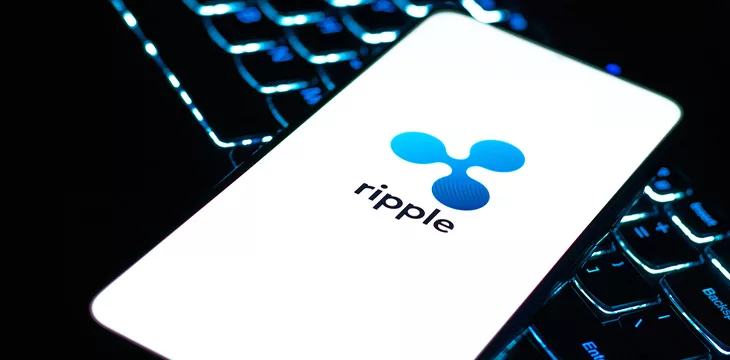|
Getting your Trinity Audio player ready...
|
The U.S. Securities and Exchange Commission (SEC) has dropped its case against Ripple executives Christian Larsen and Bradley Garlinghouse, according to a filing in federal court made Thursday. The parties are expected to meet in November to discuss what remedies Ripple should pay for its XRP offerings that did amount to illegal securities.
Ripple’s hype men, including chief legal officer Stuart Alderoty, took to social media to call the development a victory, though not without the usual muddling of the truth:
That’s 3 consecutive wins for Ripple including the July 13 decision ruling that as a matter of law XRP is NOT a security, the Oct 3 decision denying the SEC’s bid for an interlocutory appeal, and now this.
— Stuart Alderoty (@s_alderoty) October 19, 2023
The SEC had initially charged Ripple Labs and the two executives—Larsen as the co-founder and board chairman and Garlinghouse as CEO—for illegally offering and selling securities violating the Securities Act. Larsen and Garlinghouse were also charged with aiding and abetting the violations of the Ripple entity.
The case hit a turning point in July when a judge ruled on a series of motions by both parties, which effectively sought to have the judge either dismiss or confirm the case before trial. Far from Alderoty’s assertion above, the judge ruled that institutional offerings of XRP were illegal securities. However, in a controversial decision, so-called programmatic sales—meaning sales of XRP sold on exchanges in blind bid/ask transactions, were ruled to not amount to securities offerings. The reasoning of the judge was that due to the nature of the sales, buyers could not know whether their money was payments to Ripple or any other seller of XRP. However, shortly after, the judge in the SEC’s case against Terraform Labs and Do Kwon ruled that the Ripple judge was wrong in her ruling, noting that “the Howey test makes no such distinction between purchasers”—so the status of securities sold blindly on exchanges is still up in the air.
That left the institutional sales—some $757 million worth—and the charges against Larsen and Garlinghouse personally. With this latest development, those institutional sales are all that’s left of the SEC’s case. According to the dismissal agreement, the parties plan to meet to discuss the remedies most appropriate for those sales in November.
The SEC can still appeal the other aspects of the July ruling—such as that XRP sold on exchanges were not securities—but has been forced to wait until after the conclusion of the larger case before making any such filing.
Notably, the SEC has abandoned its case against the executives because it is in their cases that the usual excuses of ‘we didn’t know what we were doing was illegal’ are most thin.
According to the SEC’s case, both Larsen and Garlinghouse took an active role in promoting XRP to investors. Revelations throughout the case have shown that far from any failure to be warned that they were breaking the law, the executives received explicit legal advice that they were. The pair received two legal memos in 2012 in which they were warned that if anyone were to purchase XRP as a speculative investment, then the transaction was at risk of falling afoul of securities laws. Further, as late as 2015, Larsen received warnings from a partnering company that XRP was at risk of being deemed a security.
The next step is to see what Ripple ends up paying for its sales of XRP that did amount to illegal securities and if the SEC decides to appeal the earlier ruling that XRP sold on exchanges did not.
Follow CoinGeek’s Crypto Crime Cartel series, which delves into the stream of group—from BitMEX to Binance, Bitcoin.com, Blockstream, ShapeShift, Coinbase, Ripple, Ethereum, FTX and Tether—who have co-opted the digital asset revolution and turned the industry into a minefield for naïve (and even experienced) players in the market.

 03-03-2026
03-03-2026 




